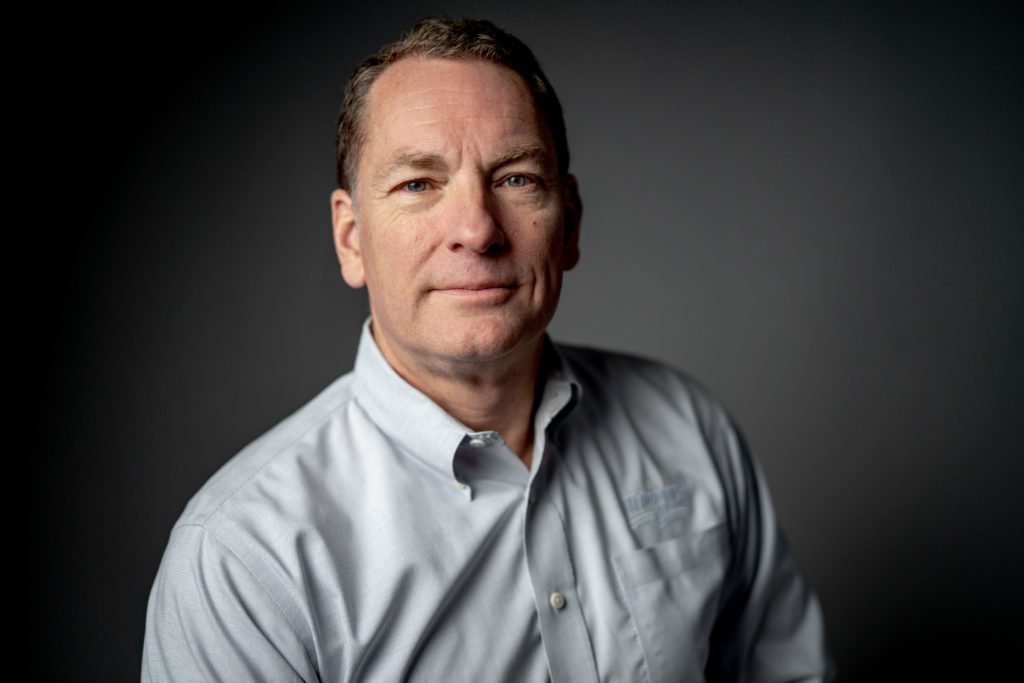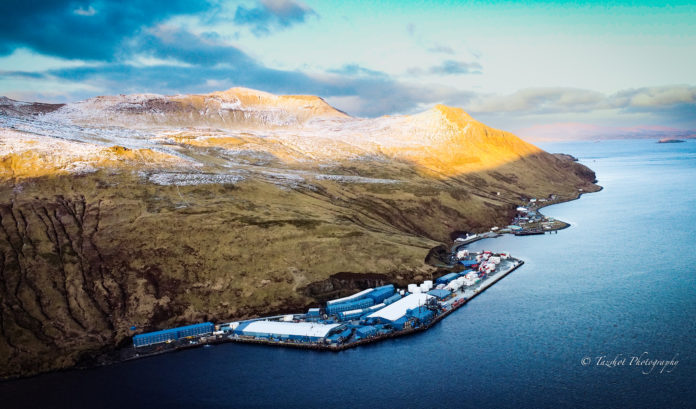An unprecedented confluence of challenging economic situations has prompted Trident Seafoods to delay groundbreaking from 2024 to 2025 for its new processing plant at Unalaska.
The decision reflects Trident’s concerns over the high inventory levels, low consumer demand and aggressive price competition in global markets. These forces have driven prices down rapidly and across species, all while high global inflation and rising interest rates are driving up operations costs, the company said in a statement announcing the delay.
The company’s plan is to eventually replace its current seafood processing plant at Akutan, the largest such facility in North America, with the new plant at Captain’s Bay on Unalaska.
Given the projected three-year construction plan the plant would be operational no sooner than 2028, said Joe Bundrant, chief executive officer of the vertically integrated seafood harvesting and processing company, with customers in over 50 countries.

Trident was founded in 1973 by Joe’s father, the late Chuck Bundrant, with the company building its reputation on its commitment and service to independent harvesters. In more recent years, with the COVID-19 pandemic and international political issues, the global economy has become more challenging.
“The rate and pace at which markets are collapsing across our key species is staggering,” Bundrant said. “Not only are global inventories and operating costs high, but demand is low, and some are selling at or below cost just to generate cash.”
“Trident has a long history of managing through good times and bad to return value to all our stakeholders while generating the cash needed to invest in the future,” he said. “Our fishermen need a fair return on their investment to sustain a healthy harvesting sector. We depend on them as much as they depend on us.”
Jeff Welbourn, Trident’s senior vice president of Alaska operations, said the company’s current plant in Akutan has served everyone well since the 1980s. But he added that wear and tear over the years and a remote and harsh environment make maintaining the plant for the long run no longer feasible.
“We’ve designed a next-generation processing plant to deliver the operating efficiencies and value our fishermen and markets deserve from Alaska’s world-class fisheries,” said Welbourn. “The new plant will be in Captain’s Bay, Unalaska, and will feature state-of-the-art equipment and processing practices that will drive the company closer to its zero-waste ambition and deliver the greatest value from every fish.”
Meanwhile Trident is working closely with the village of Akutan to soften the impact of Trident’s eventual move to Unalaska.
“Delaying the project start date does not change our long-term plan,” said Stefanie Moreland, the company’s executive vice president of public affairs.
Trident cites its strong record of globally leading fishery management practices in the Alaska region as a fundamental reason why the company’s committed to investment in Alaska for years to come.
To deal with current global market conditions the company is fast-tracking initiatives that trim costs and drive more demand for wild Alaska seafood. Still, Trident is looking to the federal government to provide domestic seafood producers fair and open or reciprocal access to seafood markets globally.
The company contends that current U.S. trade policy and domestic programs for seafood are failing domestic producers.
“We cannot continue investing in the improvements necessary to modernize our sector when foreign supply chains with low regulatory standards and no meaningful oversight have equal or better positioning with respect to the tariff and non-tariff market barriers we face in global markets,” Moreland said.






